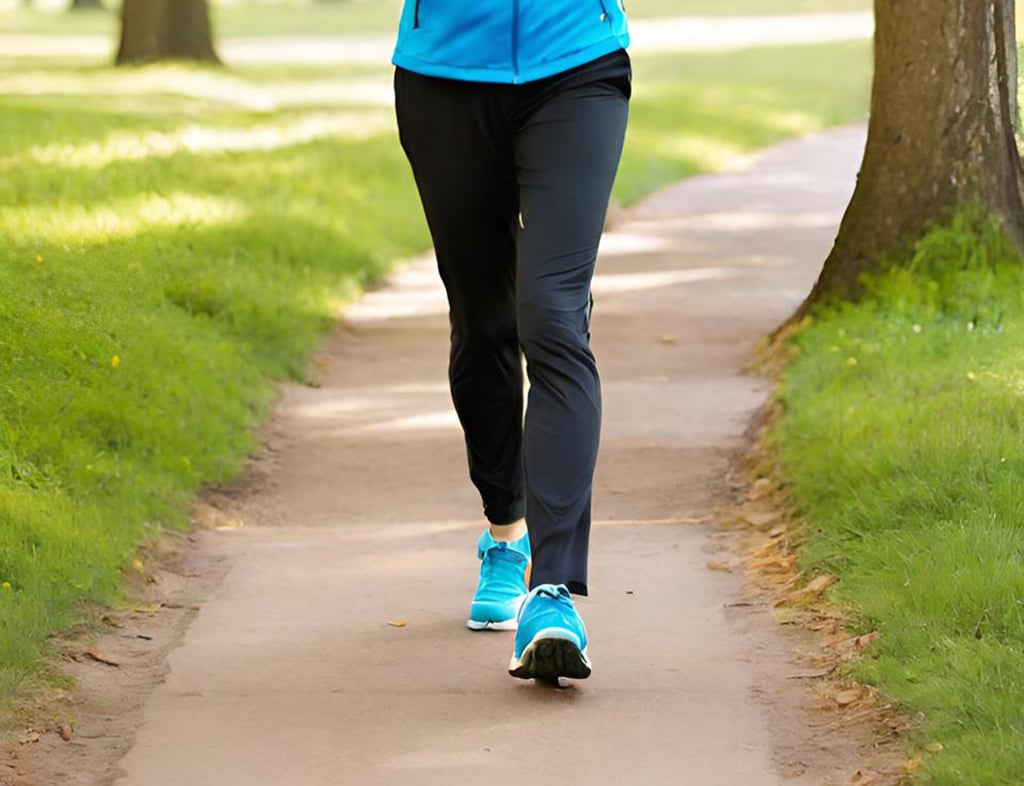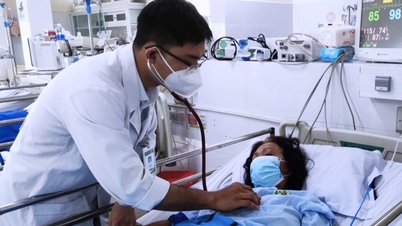New research recently published in the scientific journal International Journal of Behavioral Nutrition and Physical Activity has discovered surprising benefits from walking 30 minutes a day in people aged 50 and over.
Scientists from University College London (UK) conducted a comprehensive study to investigate the combined effects of physical activity (walking) and quality sleep on cognitive function.
Lead author Mikaela Bloomberg, a researcher in the Department of Epidemiology and Public Health at University College London, and her team set out to investigate the impact of daily exercise on brain function, particularly in older adults.
Previous studies have found that regular exercise improves cognitive performance, but only briefly, within the first 10-20 minutes. Now, the authors wanted to find out how these benefits play out when combined with good sleep – a factor that is very important for health.

A brisk 30-minute walk helps people over 50 improve their memory over the next 24 hours.
30 minutes of brisk walking helps people over 50 improve their memory
The study included 76 participants aged 50 to 83. They wore fitness and sleep trackers and completed daily cognitive tests to assess attention, memory and processing speed.
Research results show that 30 minutes of moderate or vigorous exercise helps people over 50 years old improve their memory over the next 24 hours, according to the medical news site Medical News Today.
Moderate to vigorous exercise is any activity that raises your heart rate, from brisk walking, dancing, or climbing a few flights of stairs, explains Mikaela Bloomberg.
Researchers explain that exercise works this way by increasing blood flow to the brain and stimulating neurotransmitters like norepinephrine and dopamine, which play a key role in various cognitive functions, including memory and mental agility.
Notably, the results also showed that exercising for 30 minutes a day, combined with at least 6 hours of quality sleep a night, not only improves cognitive function but also has the potential to boost brain health, especially in older adults, according to Medical News Today.
Interestingly, the team found that deep sleep (slow-wave sleep) played a key role in the memory benefits, even when sleep duration was controlled. This highlights the importance of a good night's rest, not only for physical recovery but also for mental health.
The study authors say their next step will be to study people with cognitive impairment, for whom even small daily increases in cognitive function can make a huge difference.
Source: https://thanhnien.vn/phat-hien-them-tin-vui-bat-ngo-khi-nguoi-tu-50-tuoi-sieng-di-bo-185250111204343129.htm



![[Photo] Binh Trieu 1 Bridge has been completed, raised by 1.1m, and will open to traffic at the end of November.](https://vphoto.vietnam.vn/thumb/1200x675/vietnam/resource/IMAGE/2025/10/2/a6549e2a3b5848a1ba76a1ded6141fae)










![[Video] Ministry of Health issues document to rectify medical examination and treatment work](https://vphoto.vietnam.vn/thumb/402x226/vietnam/resource/IMAGE/2025/10/2/54913f30a9934e18bcbb246c2c85f11d)




















































































Comment (0)